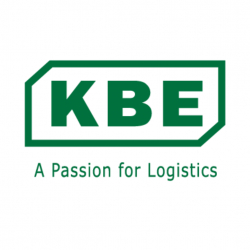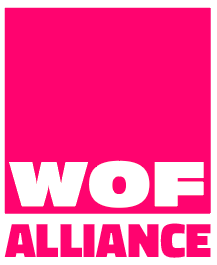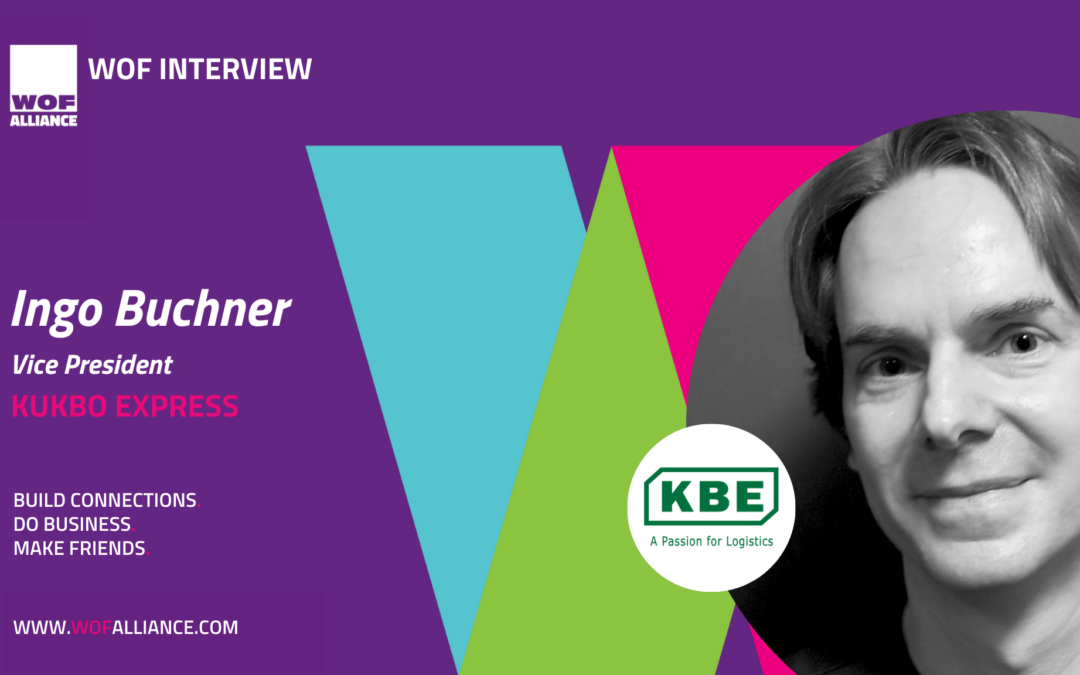1. Can you share your personal story of working in the freight forwarding industry and how you see the future of the traditional freight forwarding business in the future?
Having worked in a completely different field before, I entered the freight forwarding industry in 2007 purely as a means to prolong my stay in Japan. I was lucky because the company I joined, NRS Group, had a thorough educational program for new employees, which, besides theoretical training, included monthslong on-the-ground stints at tank cleaning depots, DG warehouses, and trucking stations. This also started my passion for chemical logistics, especially ISO tank containers. In 2010, I moved to Korea and started working for Kukbo Express, taking on various responsibilities over the years.
I do hope there is a future for traditional freight forwarding despite the technological, political, and environmental changes we are experiencing now. For a smaller company like us, it means being as flexible and adaptive as possible while maintaining the human element and staying close to our customers and partners.
2. What strategies have helped your company survive and maintain a competitive edge in the industry?
I would mention several factors here. First, we specialize in niche businesses and diversify from freight forwarding to NVOCC, carrier agency, and container leasing. Last but not least, our strong focus on our employees, which forms loyalty, and the fact that we constantly challenge ourselves to explore new opportunities.
3. Please share a recent example of the best case that you are really proud of.
We managed to develop our lithium battery business in a few years from initially just handling the import of a few drums of electrolyte solutions from Japan to Korea into our most profitable division within a few years. It now encompasses almost the whole supply chain, from handling the import of raw materials like lithium, exporting electrolytes and other semi-finished products, storing Energy Storage Systems in Korea, and handling scrap materials and recycled batteries. While we are growing together with our customers.
4. Digitalization and technological advancements are changing the industry. Can you share your attitude towards this trend and planned investments in technology to enhance your logistics operations?
In 2021, we started investing in our TMS, “Klaris”, by hiring a software company. It’s our largest investment so far, and we are constantly adding to the system. Besides improving our services, another main aim is to free our staff from the most tedious and repetitive work.
5. In terms of multimodal collaboration, where does your company see areas of improvement or potential challenges that need to be addressed?
Shipping cargo that both needs cooling/refrigeration and is dangerous goods has become more complex over the last few years while simultaneously being more important for industries like semiconductors and the green energy sector.
6. What are the key strategic partners that your company relies on, and has the start of cooperation significantly impacted the company?
Our partners had a huge impact on our company. One of our first major undertakings in 1991 was shipping textiles between China, Korea, and Japan together with a Japanese partner called Nohhi. This business is still going on, although it has changed in many ways over the years. All our offices in China were established because of this business. The lithium battery development I mentioned above wouldn’t have been as nearly as successful if we didn’t have a great partner in the USA. Because we concentrate on niche businesses, we always need a good partner to turn them into a success.
7. What has been your experience with the WOF platform? Are personal networking events still important in order to build new partnerships nowadays?
There were several reasons to join the WOF Alliance: Eastern Europe is becoming more and more important as a manufacturing location for the Korean industry, especially in the fields where we are active. I liked the concept of connecting the WOF AGM with the WOF Expo, which would provide us with a chance to meet with suppliers and customers. And it’s always great to have an opportunity to forge new friendships.
 |
Kukbo Express was established in Seoul in 1991 as a privately owned, non-asset based freight forwarder. Since then, we have grown into a logistics service provider of around 200 employees, with offices in Korea, China and Vietnam. We offer to our WOF partners a competitive ocean, air and domestic rates, a diligent and dedicated customer service. |

